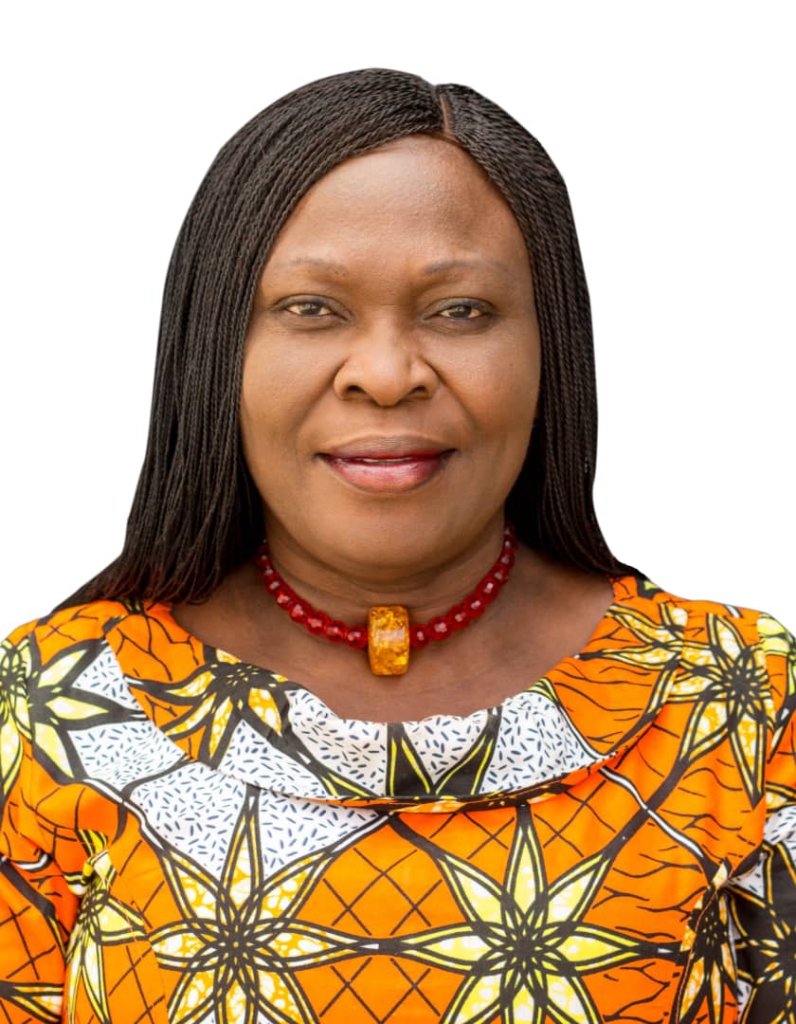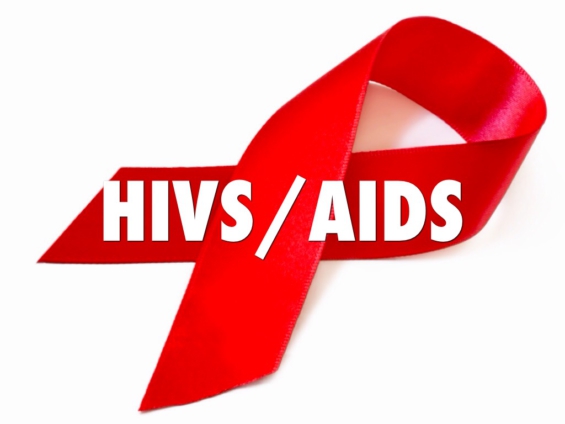Every year, on 1st December, the world commemorates World AIDS Day. The theme for this year is Global solidarity, shared responsibility.
On this day, the world unites to show support for people living with and affected by HIV and to remember those who lost their lives to the pandemic. The celebration also brings focus on the country/world interventions to end HIV.
This year is another opportunity to demonstrate solidarity and take stock of what has been achieved so far in ensuring that HIV does not continue to erode gains made by countries at various fronts of their economies and the building of their human capital, realizing that the COVID-19 pandemic has disrupted the provision of HIV services, treatment and care putting more people at risk.
According to the UNAIDS, as at 2019, adults and children living with HIV in Ghana were estimated to be 340.000. Women aged 15 and above living with HIV in 2019 was also estimated to be 210.000, representing 64% of PLHIV.
The statistics continue to show a gendered infection in Ghana at the detriment of women and girls. Numerous efforts: investments of resources, targeted interventions, as well as research and development have led to immense progress in prevention, treatment and care to defeat HIV.
The very recent study results showing the effectiveness of long-acting injectable medicines (cabotegravir) for preventing HIV among women; the positive opinion on the effectiveness of the Dapivirine vaginal ring to reduce the risk of HIV infection for women add to the progress made towards defeating the disease.
According to UNAIDS, globally, increased access to HIV treatment averted around 12.1 million AIDS-related deaths since 2010. This victory calls for celebration as it has led to significant reduction of HIV transmission and related deaths.
The progress though remarkable, has been unequal, notably in expanding access to antiretroviral therapy.
Sadly, the Covid-19 pandemic is disrupting HIV prevention, treatment and care services as well as reversing gains made to defeat the disease as governments divert greater health resources into fighting COVID-19.
According to UNAIDS, a six-month complete disruption in HIV treatment could cause more than 500,000 additional deaths in sub-Saharan Africa over the next year (2020–2021), bringing the region back to the 2008 HIV mortality levels.
Adolescent girls and young women continue to face unacceptably high risks of HIV infection in high-burden countries as the case is in Ghana. During the COVID-19 pandemic, this has been exacerbated by lock downs and prolonged periods of being out of school, which has led to early marriage, unplanned pregnancies, gender based violence and reduced enrolment of girls in school, increasing their vulnerability.
More than ever, there is need for urgent and relentless efforts by governments, donors, the private sector, civil society and communities to ensure continued focus on HIV interventions. This will help sustain efforts to defeat HIV and to mitigate the effects of Covid-19 on HIV to avert new infections and deaths.
Agile leadership and engagement of communities are necessary for a successful HIV response. Community involvement and solidarity have been paramount in providing people affected by HIV with information, services, social protection and hope.
There is need for this kind of solidarity by all stakeholders to defeat HIV. Putting people at the center of the HIV and Covid-19 response and grounding the efforts in human rights and gender-responsive approaches are key to ending the two diseases.
Realizing the extreme vulnerability of young women and girls, there is need to scale up prevention programmes for adolescent girls and young women for prevention, care and treatment services. There is the need for greater commitment to health through increased allocation of domestic and international resources for health and the efficient allocation and use of the resources.
This will help defeat HIV and COVID-19 and prevent further loss of gains towards the critical fight against HIV. Efforts to defeat the two diseases must guarantee that everyone, everywhere, has access to healthcare they need whenever they need it.
No one should be left behind because healthcare is a human right whose access should not at all depend on a person’s financial prowess.
The COVID-19 crisis is a wake-up call, an opportunity to invest better, and together for desired health outcomes. Largely, the end of HIV as a public health threat and the achievement of sustainable development goal 3 on the health and wellbeing for all is dependent on how well COVID-19 is tackled.

About the Author; Cecilia Senoo is the Executive Director, Hope for Future Generations and Focal Person-GFAN-Africa, Ghana.
Latest Stories
-
I’m poised to enhance education delivery in my constituency – Gizella Tetteh
22 minutes -
Almost 300 million people worldwide abused substances in 2022 – NACOC
23 minutes -
CSOs must undergo ‘productivity revolution’ to survive new financing landscape – Dr Nii Moi Thompson
25 minutes -
School for Life engages Parliamentary Committee on allocation of resources to rural primary schools
29 minutes -
Parliament champions human rights protection, UPR implementation
30 minutes -
2 CSOs call for withdrawal of PURC’s July tariff adjustment over transparency concerns
31 minutes -
Explainer: Why PURC raised electricity tariffs despite falling indicators
1 hour -
Ghanaians urged to acknowledge God’s goodness through National Day of Prayer
1 hour -
Vice President calls for people-powered financing to redefine Ghana’s development path
1 hour -
Court fines two fish mongers for receiving stolen tilapia
1 hour -
Ho Central MP, Edem Kpotosu advises 2025 BECE Candidates against social vices
1 hour -
Minister inaugurates three transport sector governing boards
1 hour -
‘Loyalty alone won’t cut it’ – Asiedu Nketia declares competence comes first in NDC appointments
2 hours -
Tourism Minister Launches Seventeenth edition of PANAFEST and Emancipation Day in Accra
2 hours -
Don’t force political parties to sponsor MMDCEs – Asiedu Nketia warns
2 hours

